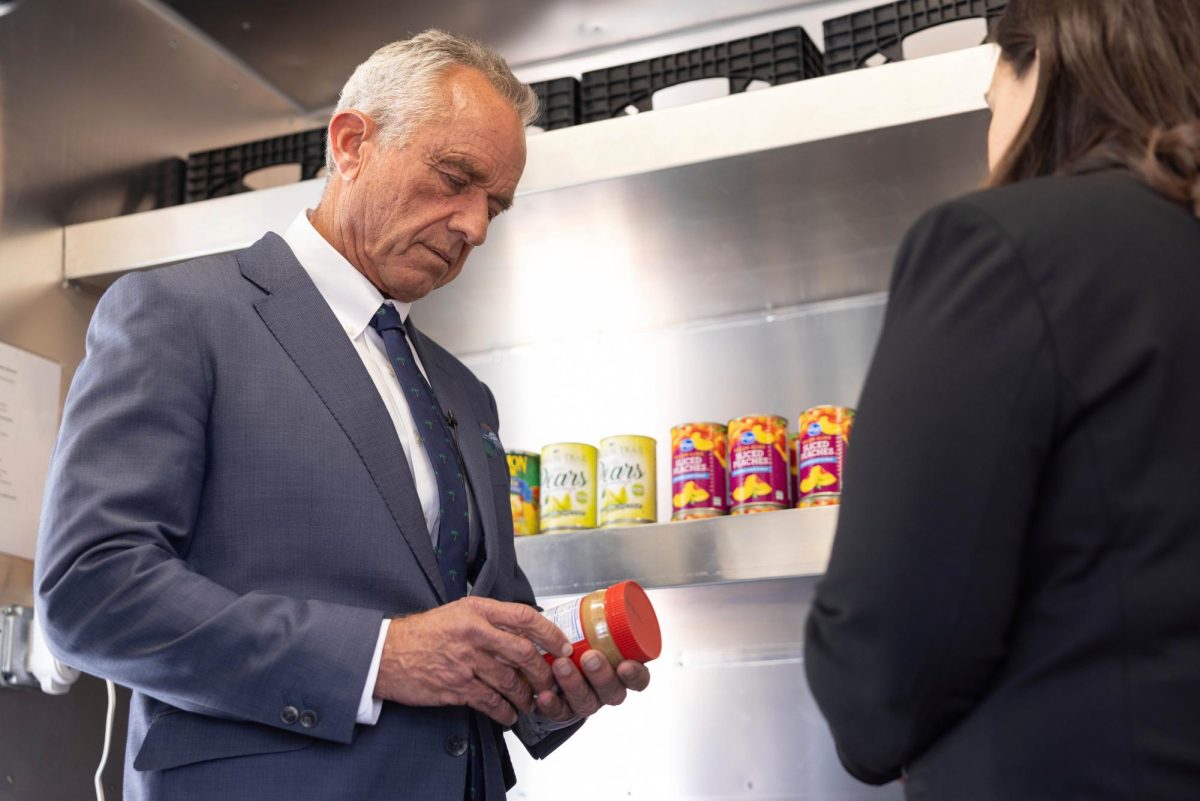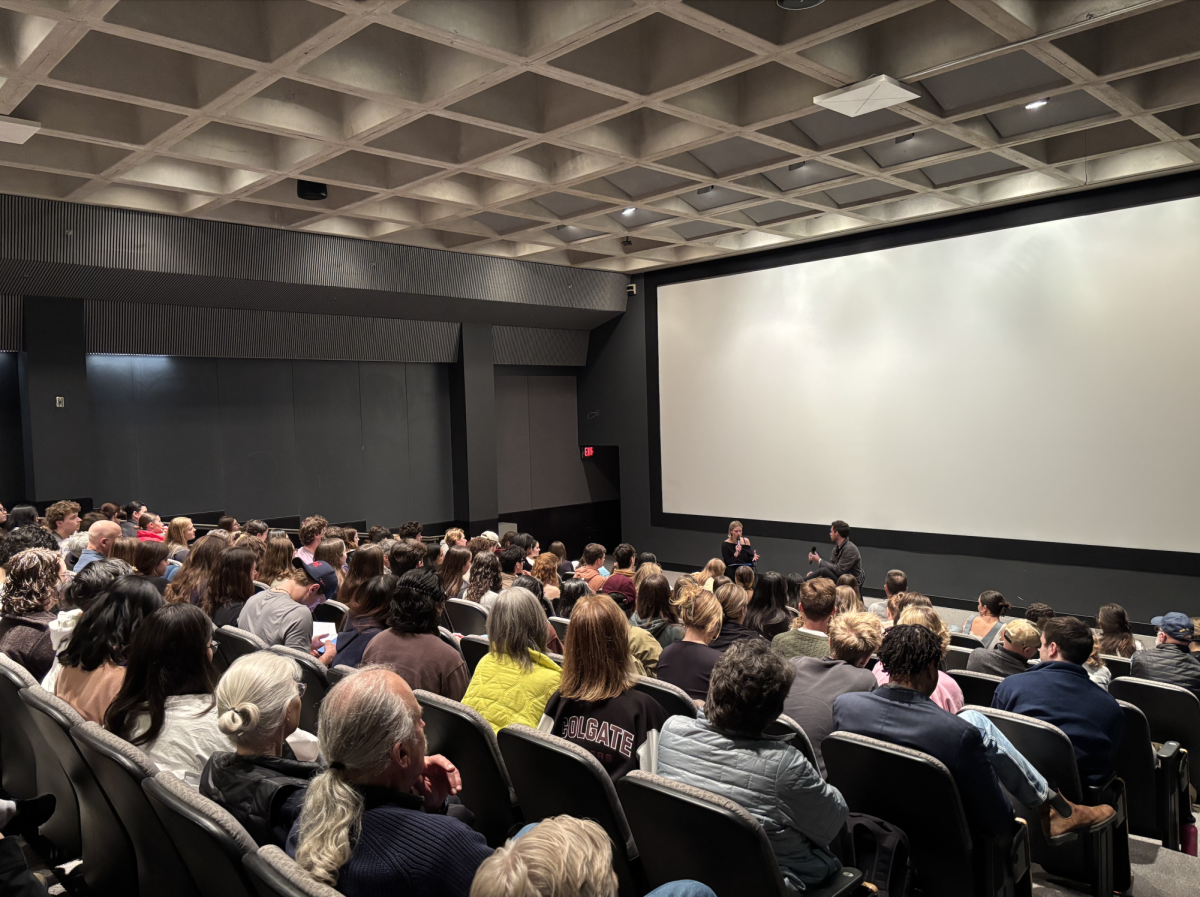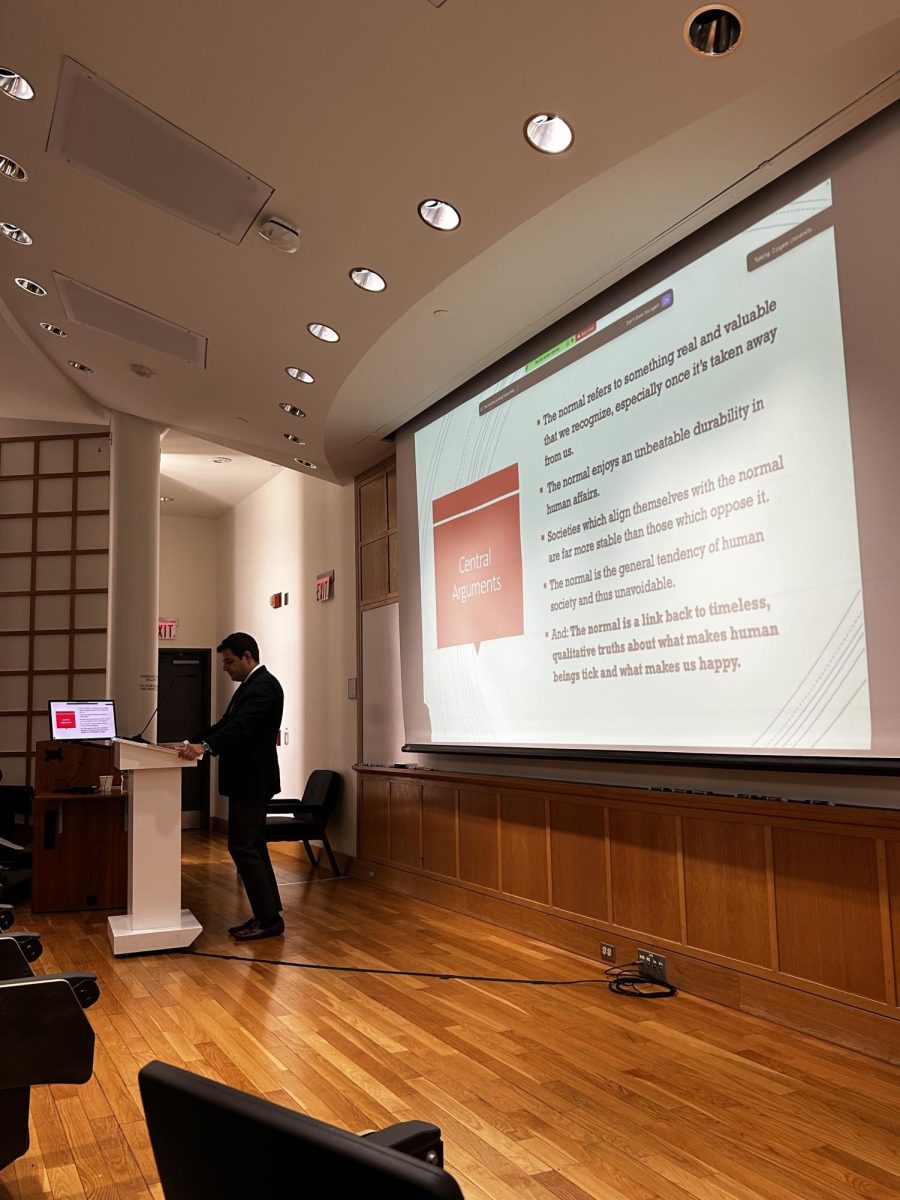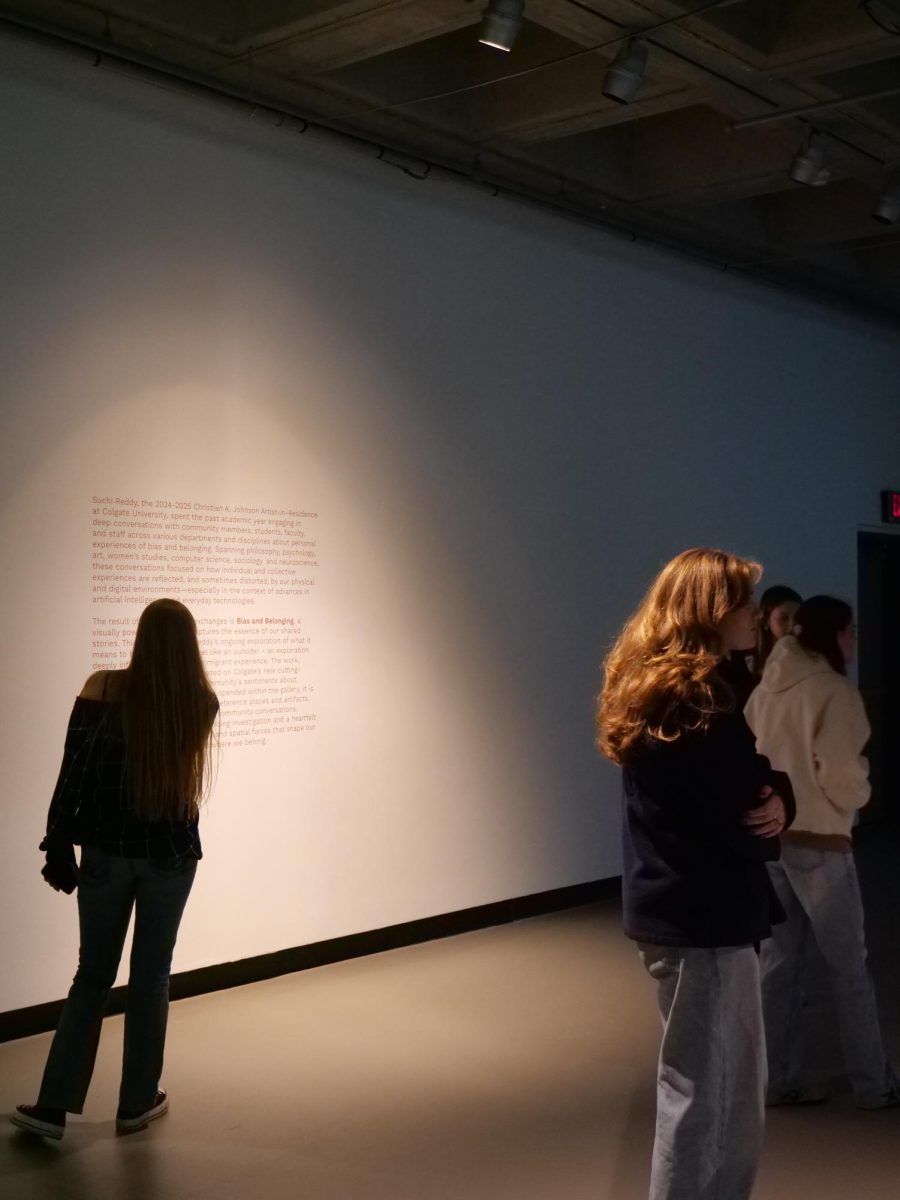I’ll admit. I’m guilty of it, too: ignoring the happenings of the world around me by not reading the news. Walking past the piles of fresh newspapers at the O’Connor Campus Center (Coop) and not paying them much mind, thinking to myself, “Oh, no one reads this.”
Predictably, my perspective shifted after dedicating time to writing for the Maroon-News. I am now writing and reading articles about topics I was uninformed about previously.
Initially, I was accepting of the fact that TikTok was my primary outlet for learning about current events and then, when sharing this information with others, saying, “Oh, I just heard somewhere online!” with no confirmation of whether or not what I had watched was accurate or fake news.
Safe to say that my days of accepting TikTok as my only source of news are dwindling. I’ve realized that social media could never substitute nor replace the power of the printed word. In recent times, where there seems to be a new headline every millisecond, watching a 15-second video on the major events taking place is simply not substantial enough.
First, it is important to analyze the statistics to get a numerical understanding of young readers’ news consumption. A survey from August 2022 found that 50% of those who took the survey reported social media as their most frequent source of news. A stark contrast: only 5% reported reading news from local newspapers.
By choosing a social media platform that is not regulated in terms of the information produced, we are choosing to breed a culture of media illiteracy. The biggest qualm I have with the facts coming from online is that events are often taken out of context. By watching the aforementioned short snippets of news like with 15-second videos, we have accepted only knowing half of the story. In the process, we have also significantly shaved down our attention span from a depressing 12 seconds in 2000 to an even worse eight seconds in 2013.
Our lack of attention to the things that truly matter causes a call for concern. Not only are we ignoring and lacking an understanding of the world we live in, but we are also choosing to accept biased content. While these are short-term implications, the long-term effects of an environment cultivated by fear are equally, if not more harmful. This misplaced alarm promotes a negative social environment where all relationships are shaped by misinformation. By encouraging media literacy through reading the news, we are choosing to be first to inform ourselves rather than letting ourselves be informed.
Keeping up with the news is also crucial to fostering community ties. Reading the news includes things related to current events on a national and international scale but also at a local level. We are on such a small campus, and yet people miss so much information. Through reading last week’s Maroon-News edition alone, I learned about the impact students are making on campus. The ability to support your peers and be their cheerleaders generates a positive and connected feeling around campus, especially in a place where we are surrounded by these people for about nine months.
The local news also works to put grander issues on a smaller scale. You will be able to bridge differences from those who seemingly have nothing in common with you. Promoting democracy begins with you and me, which sounds corny but is true. This can be done by keeping up with local news. In a world of growing polarization, let’s at least try to keep a sense of community with those around us. Keeping up with local news, from Hamilton, the Colgate University campus or your community back home is one of the many ways to ensure you are not allowing a developing stage of your life to simply pass you by without building strong foundations.
Speaking of democracy, reading the news helps bolster the rudimentary amendment — the freedom of the press. We are in a political environment where it is especially critical to continue being informed on the government’s decisions. Reading about these decisions informs us what they will actually do and the amount of support they give to the American people. The freedom of the press guarantees the government’s accountability, at least to a certain extent. It is up to us to read the news and be open to the opportunity to understand our governors and what they are doing or not doing for us.
Instead of mindlessly scrolling on TikTok for what can sometimes be hours before bed, take a moment to try to at least immerse yourself in the headlines of this paper or another newspaper. Form a good habit that challenges you and allows you to learn something new about your next-door neighbor.
















